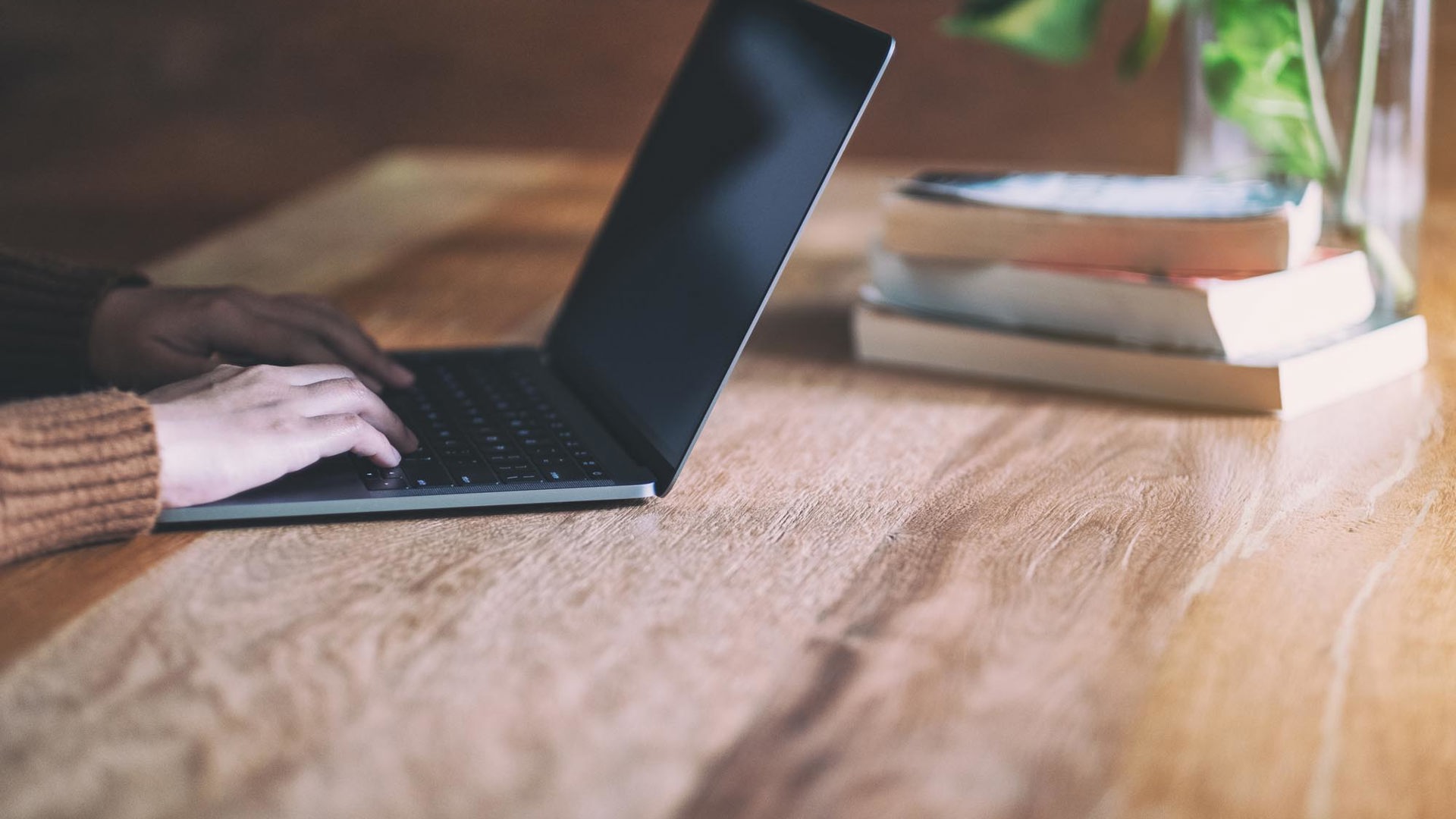
Are you a therapist interested in creating a YouTube channel or podcast series?
Therapists often tell me that YouTube or podcasting is something they just wouldn’t, or couldn’t do, so I wanted to share some of my experiences.
I first recorded a YouTube video with advice about coming into the therapy profession, in response to people contacting me looking for more clarity about their potential options. UKCP kindly embedded this on their website and the resulting traffic increased my channel’s views and ranking on Google. And it has grown slowly but surely from there.
As well as my own experience of both career change and being a therapist, I’ve added content on a range of mental health and wellbeing topics on my YouTube channel and started a podcast using the audio from my videos. I’ve generally recorded content I think people might find helpful or interesting, or that relates to some media work I’ve been involved in. I’ve also more recently recorded episodes in response to comments and requests from subscribers.
I went on to start a series of conversations with other therapists about their career transitions and career development, again, aimed particularly at people in the early stages of becoming a therapist.
I do understand why some might not be keen on the idea of all this. Boundaries and any self-disclosure need to be carefully thought about, as with any social media activity. It’s also still strange speaking into a phone camera lens about themes involving feelings and relationship, even tenderness.
What can you gain from creating online content?
The greater part of it though, is that this enriches my practice and life generally. Unlike other formats, such as Twitter, videos and podcasts allow time for the kind of colour and nuanced exploration I think these issues need. Producing videos that sometimes don’t appear to connect as much as I’d hoped also teaches me a lot about patience, expectations, resilience and disappointment. Practically, I’ve learned new skills, whether that’s using editing software, understanding the available analytics, or trying to explain concepts in an accessible way. It also really encourages my creativity.
The pervasiveness and accessibility of these platforms increases the potential for connection with people I wouldn’t otherwise have had the opportunity to connect with, about subjects that matter to us both. Although it’s not the kind of ongoing relationship that therapy offers, we probably all know how connected we can feel by listening to or watching people talking,over a period of time, in a way that helps or touches us.
For some, to watch someone talk about an issue they face may be all they need to feel less alone. For others, it might be the first step to trusting another person enough to begin a therapeutic relationship.
Overall, the process strengthens trust in myself by showing up in life authentically and the connection with others does the same for my trust in people generally. I believe these two are the keys to a meaningful and fulfilled life.
Share
Like most websites, we use cookies. If this is okay with you, please close this message or read more about your options.


